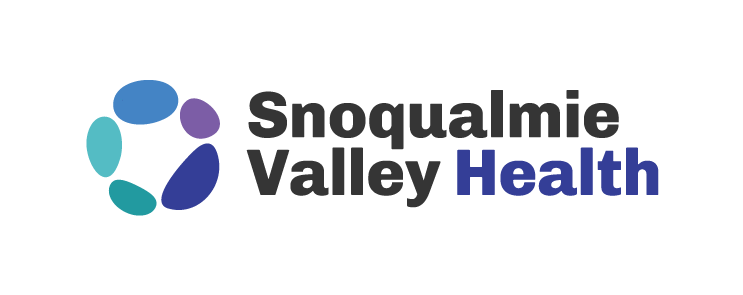When it comes to medical care, making the “right” decision isn’t always easy. Whether it’s choosing a treatment, discussing end-of-life care, or figuring out the next steps after a diagnosis, these moments can feel overwhelming. In a close-knit community like ours, where people know and care for one another, medical decisions are rarely made alone. It’s common for loved ones to be involved in these decisions. That’s a good thing, and healthcare providers at Snoqualmie Valley Health welcome it.
What Is Shared Decision-Making?
At SVH, we believe in something called shared decision-making. It’s a simple idea with powerful meaning: doctors, advanced practitioners, nurses, paraclinical staff, patients, and families all bring something unique and valuable to the table. We bring medical expertise and clinical experience. You and your loved ones bring your story—your values, your unique fears, and your deep understanding of what matters most in your life.
The knowledge we have acquired through years of training and practice is truly meaningful only when it’s applied in the context of your personal insight into your everyday realities.
You Are in Charge of Your Care
Most of all, we believe that you-the patient-should be in-charge of your own care. That means you have the right to ask questions, take your time, and choose what’s best for you. We will always respect your decisions and support you, even when the choices are difficult.
Families are such an important part of life in our community, so we welcome and encourage their involvement. When families ask questions, gather their own information, they help create a more complete picture—one that leads to better, more personalized care. Advocacy isn’t confrontation, it’s partnership, and we value that deeply.
We encourage families to advocate for their loved ones. That means seeking clarity when something doesn’t feel right, and-if needed, requesting a second opinion. These are all signs of care, not conflict. They are an important part of making healthcare truly collaborative and centered on what’s best for the patient. We’ve seen this work beautifully time and again at Snoqualmie Valley Health.
Building Trust in a Close-Knit Community
Building trust, although it takes time, is at the heart of what we do. In a tightknit community, it’s not unusual for your nurse to also be your neighbor, or your doctor to be cheering beside you at a school soccer game. That closeness can be comforting, but it also means we have a deep responsibility to earn and maintain your trust, every single day.
The Heart of Healthcare: Relationships and Respect
In the end, good medical care isn’t just about the right diagnosis. It’s about relationships, respect, and the conversations in between. In our beautiful community, we know that how we care is just as important as what we do. And we’re proud to walk that road alongside you.
Article written by Dr. Megha Shah, Medical Director of Hospital Services at Snoqualmie Valley Health.

